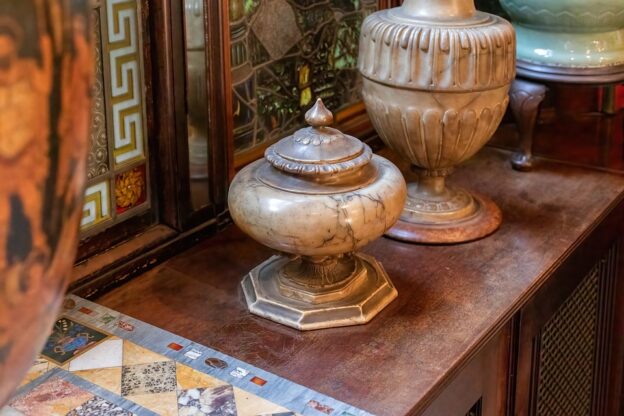Cremation services Marshall, TX is becoming an increasingly popular option for funeral services, but for many families, the decision to cremate a loved one can be complicated by religious beliefs and customs. While some religions embrace cremation as an acceptable form of final disposition, others may have specific requirements or prohibitions that must be considered. In this article, we’ll explore the intersection of cremation and religious customs, and provide guidance for families who are navigating this complex issue.
One of the most common questions that families ask is whether cremation is compatible with their religious beliefs. In many cases, the answer is yes. For example, Hinduism has a long tradition of cremation, as it is believed to release the soul from the physical body and allow it to continue its journey to the afterlife. Buddhism also accepts cremation as a form of final disposition, as it is seen to achieve spiritual liberation and release from the cycle of rebirth.
Christianity has historically been less accepting of cremation, with the Catholic Church forbidding it until the mid-20th century. However, today many Christian denominations, including the Catholic Church, accept cremation as a valid option, although some may have specific requirements or restrictions. For example, the Catholic Church requires that cremated remains be treated with the same respect as a body, and that they be interred in a cemetery or other sacred place.
Judaism and Islam both prohibit cremation, as it is seen as a desecration of the body. Instead, these religions require that the body be buried as quickly as possible after death, and that it be left intact. In some cases, however, exceptions may be made for medical or legal reasons.
Navigating these complex religious beliefs and customs can be challenging for families who are dealing with the loss of a loved one. Here are some tips for navigating the process:
Consult with religious leaders or advisors: If you are unsure about the compatibility of cremation with your religious beliefs, it can be helpful to consult with a religious leader or advisor. They can provide guidance and advice based on the specific tenets of your religion.
Research the requirements and restrictions of your religion: Take the time to research the specific requirements and restrictions of your religion when it comes to final disposition. This can help you make an informed decision about whether cremation is the right option for your family.
Communicate with your funeral director: Your funeral director can help you navigate the process of planning a funeral that respects your religious beliefs and customs. Be sure to communicate your needs and preferences clearly and ask for guidance and advice as needed.
Consider alternative options: If cremation is not compatible with your religious beliefs, there may be alternative options that can still provide a simple and cost-effective solution for final disposition. For example, a green burial or a natural burial may be a more environmentally friendly and acceptable option.

In conclusion, the intersection of cremation and religious customs is a complex and deeply personal issue. While some religions accept cremation as a valid form of final disposition, others may have specific requirements or prohibitions that must be considered. By consulting with religious leaders or advisors, researching the requirements of your religion, communicating with your funeral director, and considering alternative options, you can navigate this process with sensitivity, respect, and care.
Hopefully we were able to help you, if you want to avail cremation services and packages you can reach a local cremation services Marshall, TX.

